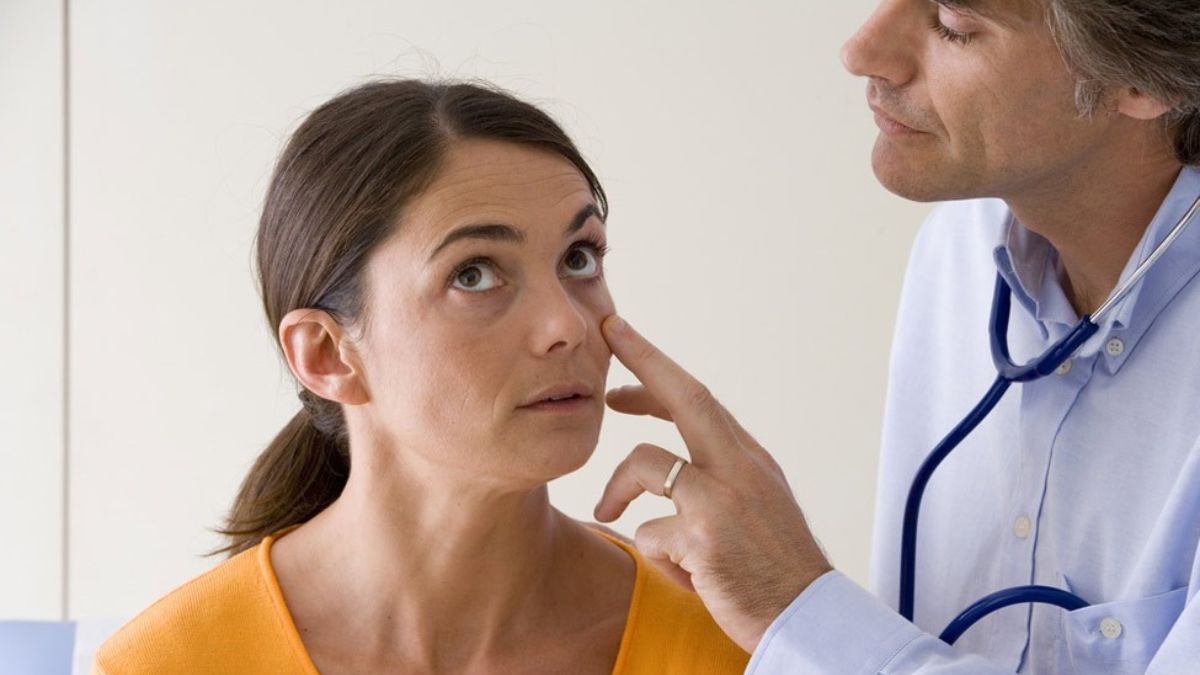WHO warns 18 million more women could become anaemic by 2030 without concerted action

Anaemia is a real crisis affecting scores of people every year. The World Health Organisation has come out with a word of caution against this persistent health challenge.
According to the experts, without a proper and united action plan, 18 million more girls and women could become anaemic by 2030. The world is currently looking at a burden of 259 million people being affected by anaemia.
Describing anaemia as one of South Asia's most persistent health and equity challenges, the UN health agency urged the governments in the region to take urgent and unified action.
Also Read | Are you at risk even if you are fit? What you need to know about exercise and heart health
According to the National Health Survey-5, 52.2 per cent of pregnant women and adolescent girls in the age group of 15-49 years are anaemic. Children, too, are susceptible to being anaemic and 67.1 per cent of children under 5 years are anaemic.
Anaemia occurs when the body lacks sufficient healthy red blood cells (RBC) to carry oxygen, resulting in people feeling weak, tired, and more susceptible to illness.
The deficiency of iron in children can cause impaired cognitive and motor development. While in adults, it can lead to decreased work capacity. Iron deficiency in pregnant women can lead to perinatal loss, prematurity and low birth weight (LBW) babies.
India launched the Anemia Mukt Bharat programme in 2018 to reduce the prevalence of anaemia in the country. This policy focuses on six age groups - preschool children (6-59 months), children (5-9 years), adolescent girls and boys (10-19 years), pregnant women, lactating women, and women of reproductive age (15-49 years).
India, Pakistan, Bangladesh and Sri Lanka are witnessing encouraging local results through school-linked nutrition, data-driven strategies, and community-level interventions, according to the WHO release.
Also Read | Funding disruption can lead to 6 million more HIV infections by 2029: United Nations
Health